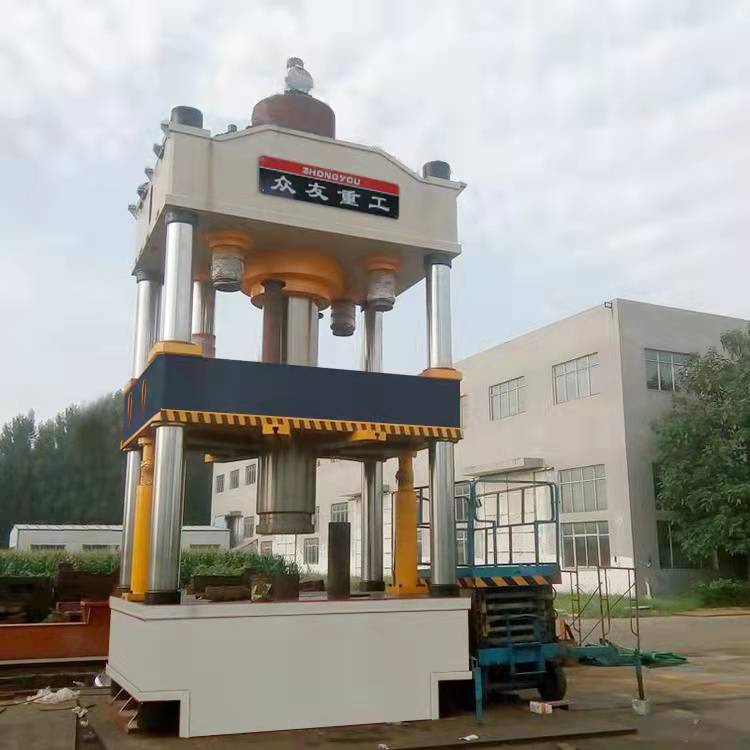Intake air 1. hydraulic cylinder
When air is sucked into the hydraulic cylinder, it is easy to form cavitation in its high-pressure area and propagate in the form of pressure waves, causing the hydraulic oil to oscillate and causing the cavitation noise of the system.
Solution: turn off the equipment, put the hydraulic oil back into the oil tank, and drain the air in the hydraulic oil, find out the reason why the hydraulic cylinder sucks in the air, and solve it.
Severe internal wear of 2. hydraulic cylinder
Excessive wear of the internal parts of the hydraulic cylinder, such as the wear of the cylinder body and the valve plate, the wear of the plunger and the plunger hole of the plunger pump, leads to serious leakage of the hydraulic cylinder. When the hydraulic cylinder outputs high pressure and small flow of oil, it will happenThe flow pulsates, resulting in higher noise.
Solution: disassemble the hydraulic cylinder, check the severely worn parts, check whether there is maintenance value, otherwise replace the new hydraulic components.

Aging or wear of seal ring of 3. hydraulic cylinder
Because the temperature of the hydraulic oil in the hydraulic cylinder is relatively high, in the long-term working process, if the quality of the sealing ring is not good, it will cause the sealing ring to age or wear seriously, and it will not play a corresponding role.In the middle, the piston rod will be rubbed and abnormal noise will occur.
Solution: replace the same type of sealing ring of the same manufacturer, and check whether the piston rod is worn, if any, it should be repaired.
4. buffer device failure
The buffer device protects the hydraulic cylinder. It can buffer the hydraulic shock during the rapid movement. Once the buffer device fails, it will cause abnormal noise during the working process of the hydraulic cylinder.
Solution: disassemble the hydraulic cylinder, check whether the buffer device fails, and repair it.
Serious wear of 5. piston rod
The piston rod of the hydraulic cylinder is in contact with the sealing ring. If the hard layer on the surface of the piston rod is worn or strained, abnormal noise will occur when the piston rod wears the sealing ring during rapid movement, and the worn area on the surface of the piston rod willgetting bigger and bigger.
Solution: Replace or repair the piston rod according to its surface wear area, and do a good job of hydraulic cylinder dust, install dust cover or regular maintenance, but also regularly filter the hydraulic oil.
6. hydraulic cylinder valve plate failure
Due to the surface wear or mud accumulation at the opening of the unloading groove, the unloading groove will be shortened, the unloading position will be changed, resulting in oil collection and large noise.
Solution: During the assembly process, the large unloading groove of the valve plate must be installed in the high-pressure cavity of the pump, and its acute angle direction should correspond to the rotation direction of the cylinder, otherwise it will bring greater noise to the system.










